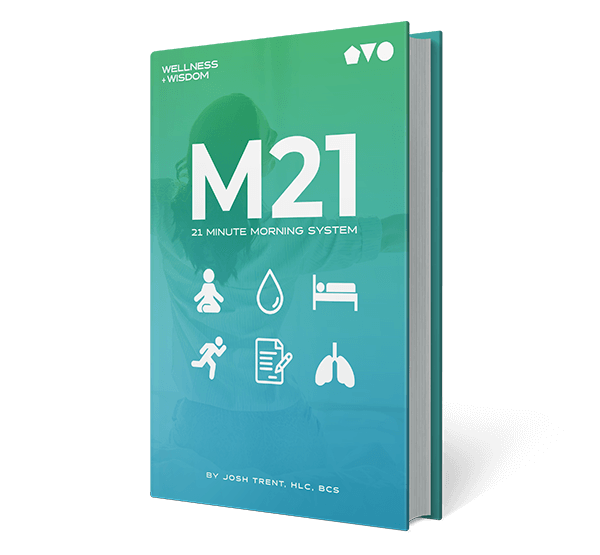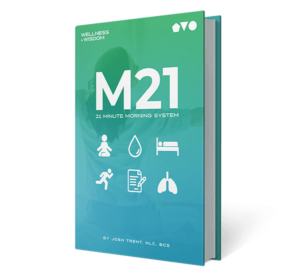 Intermittent fasting is becoming a popular health and wellness approach, with many claiming amazing results. The idea is to cycle between periods of eating with short windows of fasting in between. The goal of intermittent fasting is to promote weight loss and overall health. Many are drawn to the notion that this fasting style can be used to “reset” their metabolism and kickstart a healthier lifestyle.
Intermittent fasting is becoming a popular health and wellness approach, with many claiming amazing results. The idea is to cycle between periods of eating with short windows of fasting in between. The goal of intermittent fasting is to promote weight loss and overall health. Many are drawn to the notion that this fasting style can be used to “reset” their metabolism and kickstart a healthier lifestyle.
While this practice may seem difficult, the benefits of intermittent fasting far outweigh any inconveniences that may arise. The most touted health benefit of intermittent fasting is reducing inflammation, lowering cholesterol and improving overall cardiovascular health.
Fortunately, there are five simple eating strategies to help you get started with intermittent fasting and find success with your health goals.
Table of Contents
The 16/8 Method
Losing weight with intermittent fasting is not a myth anymore. The 16/8 method, also known as the Leangains protocol, is an intermittent fasting strategy that involves eating only within a set 8-hour window and fasting for the other 16 hours.
The most common way to practice the 16/8 method is to skip breakfast daily and eat two meals within an 8-hour window. For example, you may start eating at noon and stop at 8 p.m., fast overnight and then repeat the process the following day.
Pros
- Increased satiety and reduced hunger.
- The simplicity of timing your meals.
- Improved insulin sensitivity.
Cons
- Not suitable for those who get hungry often or have low energy levels during the day.
- It can lead to unhealthy eating patterns if not done properly.
- Risk of nutrient deficiencies or overeating during the 8-hour window.
The 20/4 intermittent fasting (IF) protocol
Also known as the warrior diet, the 20/4 intermittent fasting (IF) protocol involves fasting for twenty hours, followed by a four-hour eating window. During this four-hour eating window, individuals are free to consume whatever foods they wish.
However, during the twenty-hour fasting period, no calories are consumed, including from beverages such as coffee or tea. Studies suggest that this fasting protocol helps in reducing the risk of chronic diseases like type 2 diabetes, heart disease and cancer. It can also help reduce cravings for unhealthy foods, which makes it easier to stick to your diet.
Pros
- Promotes weight loss by reducing calorie intake and increasing fat burning
- Enhances metabolic health by improving insulin sensitivity, decreasing cholesterol levels and reducing systemic inflammation
- It can decrease hunger hormones like ghrelin and increase satiety hormones like leptin which helps to control appetite.
Cons
- It can cause dizziness and headaches due to low blood sugar and dehydration.
Eat-Stop-Eat
The Eat-Stop-Eat strategy in intermittent fasting involves fasting for 24 hours, usually once or twice weekly. During the fasting period, no food is consumed, and only beverages with no calories are allowed, such as water, black coffee, or tea.
After this fasting period, individuals can resume their normal eating habits for the remaining days of the week. This strategy benefits those who want to reduce body fat, detox the gut naturally and improve overall health. It can help reduce hunger and cravings while reducing calorie intake.
Pros
- Improves overall health and wellness due to the reduction of inflammation in the body.
- Promotes mental clarity and focus because of improved blood sugar levels.
- Reduces body fat and helps increase lean muscle mass due to the body's ability to utilize stored energy for fuel.
Cons
- Increases risk of dehydration due to the lack of fluid intake over 24-hour periods.
- Low energy levels and fatigue may be experienced due to a lack of food during fasting periods.
Alternate Day Fasting
Also known as Alternate-Day Modified Fasting (ADMF), Alternate Day Fasting is a dietary plan that involves alternating between days of normal-calorie eating and days of fasting. On the days of fasting, the individual will either have a significantly reduced calorie intake or no calories at all.
This diet has been gaining traction as a way to lose weight while potentially promoting metabolic health and longevity.
Studies show that alternate-day fasting can help reduce body weight, improve body composition and reduce levels of inflammation in the body. It can also help reduce risk factors associated with heart diseases, such as high blood pressure and cholesterol.
Pros
- Helps reduce calorie intake and leads to weight loss.
- It may help reduce insulin resistance and improve metabolic health.
- It can reduce inflammation and oxidative stress.
Cons
- The potential risk of malnutrition if done without proper planning
- It may not suit people with diabetes because of the potential risk of hypoglycemia.
The One Meal-a-Day Diet
This type of intermittent fasting has no particular food restrictions or guidelines for what to eat in each meal. Instead, the main focus is limiting total daily caloric intake to just one daily meal.
Practitioners of this diet category often eat breakfast or lunch, with dinner as the only meal. Many people who follow this diet also fast for at least 16 hours between meals.
Unlike other fasting approaches, the One Meal A Day Diet does not require drastically changing eating habits. Instead, it focuses on controlling when you eat instead of what you eat. According to a study, the participants who tried eating one meal a day showed signs of less total body fat.
Pros
- Easier to plan meals as you only need to focus on one meal daily.
- It may lead to quicker weight loss due to drastic caloric reductions.
- It simplifies grocery shopping as you buy fewer groceries more frequently.
Cons
- Large amounts of food and calories consumed in one sitting may lead to digestive issues.
- Without proper nutritional guidance, getting the nutrients you need may be difficult.
Conclusion
Intermittent fasting is a great way to reduce caloric intake while improving overall health. These 5 strategies can help you practice intermittent fasting more easily and effectively. They are not hard and fast rules but practical approaches to make your journey easier. Eating nutrient-dense whole foods, timing meals strategically, avoiding unhealthy snacks, staying hydrated and including physical activity are all key components of a successful intermittent fasting experience.










One Response
This is really interesting, You’re a very skilled blogger. I’ve joined your feed and look forward to seeking more of your magnificent post. Also, I’ve shared your site in my social networks!